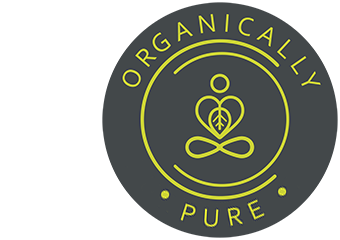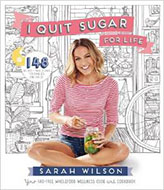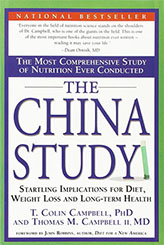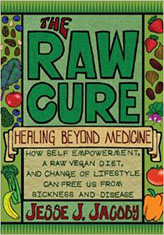
Plastic Containers and Your Health.
Plastic containers became the housewives favourite in the 1960's and 1970's, and is now a staple of any home. With the increase of bottled water and convenience foods, plastic is playing an increasing role in our lives. But does it deserve its place in our homes? Well, research is divided, with industry claims that state that harmful affects have not been irrefutably proven.
What we do know is that plastic releases chemicals into the food and liquids that we store or cook in them. These plastics are made of multiple chemicals but the one which has come under the greatest scrutiny is bisphenol A or as it is more commonly known, BPA, which is a common chemical in food packaging.
When food or liquids come into contact with plastic a process known as 'leaching' or 'migration' occurs, although the amounts are small, almost any plastic container can be expected to leach plastic into foods. Heating food in plastic containers increases the amount of which plastic migrates into the food.
Recent research suggests that more than 90% of us have detectable levels of bisphenol A in our urine. The BPA is an endocrine disruptor, with the hormone estrogen especially affected by the chemical.
Studies have shown that BPA disrupts reproductive development and function in animals, and while initial studies found levels considered too low to cause problems in humans, further research is challenging that perception.
One study showed that in those humans with high levels of BPA in their system, they had a higher rate of diabetes, liver toxicity and heart disease. In addition, BPA has been linked with breast cancer, lower sperm counts and prostate cancer.
Once ingested BPA mimics estrogen in our bodies, although it is fair to say that bisphenol A is not alone, as all plastics pose a health risk and become endocrine disruptors.
Children and young people are particularly vulnerable due to their weight and because their growth is strongly influenced by hormones.
Industry claims there is not enough evidence to prove there is an outright risk to health. Although, it should be noted that plastic has not been proven to have no risk to human health.
With this in mind, and considering the studies that have shown a health risk to humans it would be advisable to reduce your risk of exposure to these chemical toxins. Reheat food in glass containers, use glass, ceramic or stainless steel bottles for drinking and minimise your use of carrying or storing food in plastic containers where possible. Empty pre-packaged food out of the plastic containers they are sold in to re-heat.
It may not be possible to completely prevent exposure to plastic transfer into food, but with careful planning, it is possible to reduce your exposure.


 Articles by subject
Articles by subject Recent Articles
Recent Articles







vBulletin Message